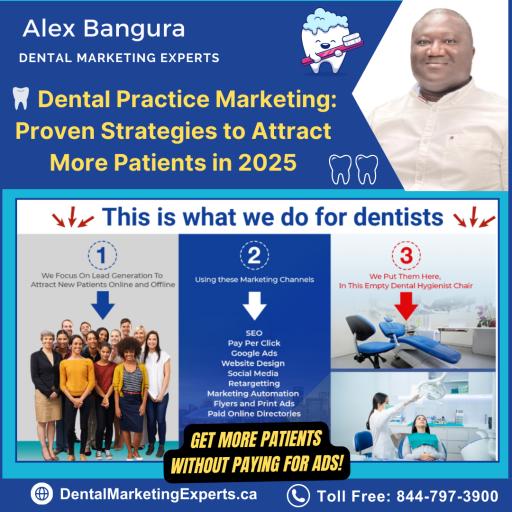Canadian dental marketing regulations require dentists to ensure all advertising is truthful, verifiable, and not misleading, with specific rules varying by province but generally emphasizing professionalism, ethical conduct, and public protection. Dentists must avoid unsubstantiated claims, superlatives, discounts, contests, and comparative statements unless supported by objective evidence. Social media and digital marketing are also regulated under these standards, with strict prohibitions against false or exaggerated claims under laws like the Competition Act.
Key points include:
-
Provincial Variations:
- Ontario (RCDSO) enforces strict guidelines prohibiting discounts, contests, and misleading claims, requiring factual and educational content.
- Manitoba demands all marketing be truthful and verifiable, forbidding claims of uniqueness without proof.
- Nova Scotia and Newfoundland and Labrador emphasize honesty and discourage superlatives or unsupported comparisons.
- New Brunswick and PEI have fewer specific dental marketing rules but still require compliance with general Canadian advertising laws.
- Northwest Territories and Nunavut have less stringent regulations beyond general laws against misleading advertising.
-
Legal Framework:
- The Competition Act prohibits false or misleading advertising, including unverified claims like “#1 dentist” or “guaranteed results”.
- The Dentistry Act and professional college regulations define professional misconduct related to advertising, covering all forms of promotional materials including websites, social media, flyers, and signage.
-
Professional Standards and Enforcement:
- Regulatory bodies like the Royal College of Dental Surgeons of Ontario (RCDSO) hold dentists accountable for all advertising associated with their practice, including third-party content.
- The landmark Rocket v. RCDSO Supreme Court decision affirms that while dentists have freedom of expression, it is limited by the need to prevent irresponsible and misleading advertising to protect public health.
- Health Canada oversees advertising standards for health products and enforces risk-based compliance.
-
Social Media and Digital Marketing:
- Healthcare professionals must avoid exaggerated claims and ensure all statements are substantiated on social media platforms to comply with ethical and legal standards.
- Dentists should approve all marketing content related to their practice, including posts by staff or third parties, to maintain compliance.
-
Practical Compliance Tips:
- Avoid unverifiable superlatives or claims of superiority.
- Do not offer discounts or contests unless explicitly allowed by provincial regulations.
- Ensure all claims about treatments or outcomes are supported by objective evidence.
- Use clear, factual, and educational messaging focused on patient care.
- Consult regulatory guidelines and seek legal advice if uncertain.
In summary, Canadian dental marketing is tightly regulated to maintain professional integrity and protect patients from misleading information. Dentists must carefully tailor their advertising to provincial rules and federal laws, ensuring all promotional content is honest, verifiable, and respectful of professional standards.



















Maple Ranking offers the highest quality website traffic services in Canada. We provide a variety of traffic services for our clients, including website traffic, desktop traffic, mobile traffic, Google traffic, search traffic, eCommerce traffic, YouTube traffic, and TikTok traffic. Our website boasts a 100% customer satisfaction rate, so you can confidently purchase large amounts of SEO traffic online. For just 720 PHP per month, you can immediately increase website traffic, improve SEO performance, and boost sales!
Having trouble choosing a traffic package? Contact us, and our staff will assist you.
Free consultation